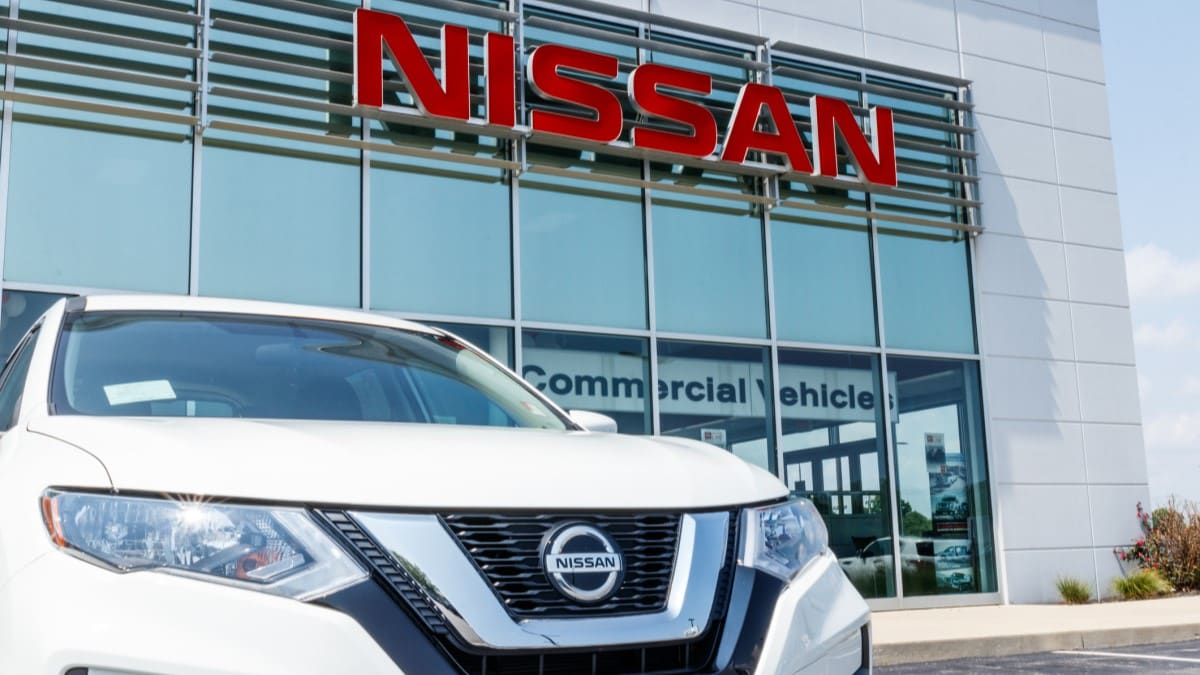Honda and Nissan confirmed late Tuesday they are in talks about a possible merger. Reports say the deal could also include smaller automaker Mitsubishi. Should the parties agree to terms, it would vault the combined company into position as the world’s third-largest automaker, behind only Toyota Motor Corp. and the Volkswagen Group.
The New York Times reports, “Nissan and Honda are expected to sign a memorandum of understanding within the next week to formally begin discussions of partnership-broadening steps, including the details of a potential merger.”
But the union is not guaranteed. According to the AP, the companies “confirmed Wednesday that they are discussing closer collaboration but denied reports that they have decided on a merger.”
Nissan Today
Nissan reported about 3.37 million global car sales last year. According to industry publication Automotive News, North American sales accounted for 37% of its total in fiscal 2023, “with the U.S. representing 27%, China at 23%, Japan at 14% and Europe at 10%.” The company also sells enough vehicles in the Middle East to break those out in financial reports but has a limited presence in Africa and Australia.
Nissan has a full lineup of cars, trucks, and SUVs, with a more significant pickup truck business than Honda. It was a pioneer in electrification, releasing its Leaf electric vehicle (EV) even before the arrival of the Tesla Model S.
However, many analysts say the company is now behind in the global electrification race. Notably, it has no hybrid or plug-in hybrid offerings in North America.
Nissan has faced financial challenges coming out of the COVID-19 pandemic. Sales in North America and China are flagging, and its market capitalization has fallen as low as $10 billion in recent weeks — small for a company of its size.
What Nissan Wants From This
Nissan’s sales troubles have led to speculation that the company needs rescue. An executive anonymously told the Financial Times in early December, “We have 12 or 14 months to survive.”
At least two activist investor groups known for taking over struggling companies and paring them to the bone have bought small stakes in the company. That led to speculation that one or both of the pair — Oasis Management and Effisimo Capital Management — might attempt a takeover.
Automotive News reports that Foxconn, a major electronics manufacturer, “has also approached Nissan to take a controlling stake.”
Rumors immediately suggested that Nissan would seek rescue from Honda instead, courting the savior it wants to avoid the saviors it doesn’t want.
Honda Today
In some ways, Honda and Nissan resemble one another. But Honda is a much healthier company and the senior partner is any merger talks.
Honda sold about 3.98 million cars globally last year, beating Nissan by just 18%. However, its market capitalization is about $44 billion, more than four times what Nissan claims.
Automotive News reports that its primary markets are also North America, China, and Japan. But Honda has a much weaker position than Nissan in Europe. It has little presence outside those markets.
What Honda Wants From This
With its relative success, why would Honda consider absorbing a troubled rival (or two, counting Mitsubishi)? To build economies of scale for a toughening global sales environment.
Automotive News explains, “A merger between Honda and Nissan would effectively consolidate the Japanese auto industry into two main camps: One controlled by Honda, Nissan and Mitsubishi and another consisting of Toyota group of companies.”
Toyota has partial ownership of Mazda, Subaru, and Suzuki.
The Wall Street Journal adds, “The rise of Chinese carmakers is reconfiguring the global auto industry, with merger talks between Honda and Nissan the latest example of companies trying to respond to the competitive threat.”
The Chinese now buy more cars than any other population. China’s economic picture is notoriously opaque. But, by some measures, the Chinese automotive sector may have passed Japan’s to become the world’s largest exporter of cars last year.
Chinese giant BYD will likely surpass Ford and Honda in global sales this year.
“Nissan, Honda, GM, Volkswagen and other Western and Japanese brands for decades dominated and milked the Chinese market, while having little fear of Chinese rivals encroaching on their own stronghold,” the Journal explains. However, Chinese domestic companies have quickly overtaken them in China’s home market. They are now doing the same in markets outside China. Once Chinese automakers enter a country’s market, their low prices and high-quality cars can quickly come to dominate sales there.
CNBC notes that both companies also face “the threat of tariffs proposed by President-elect Donald Trump that may require a massive reorganization of global supply chains.”
Combining forces with rivals might give Honda more muscle to survive a global shakeup.








